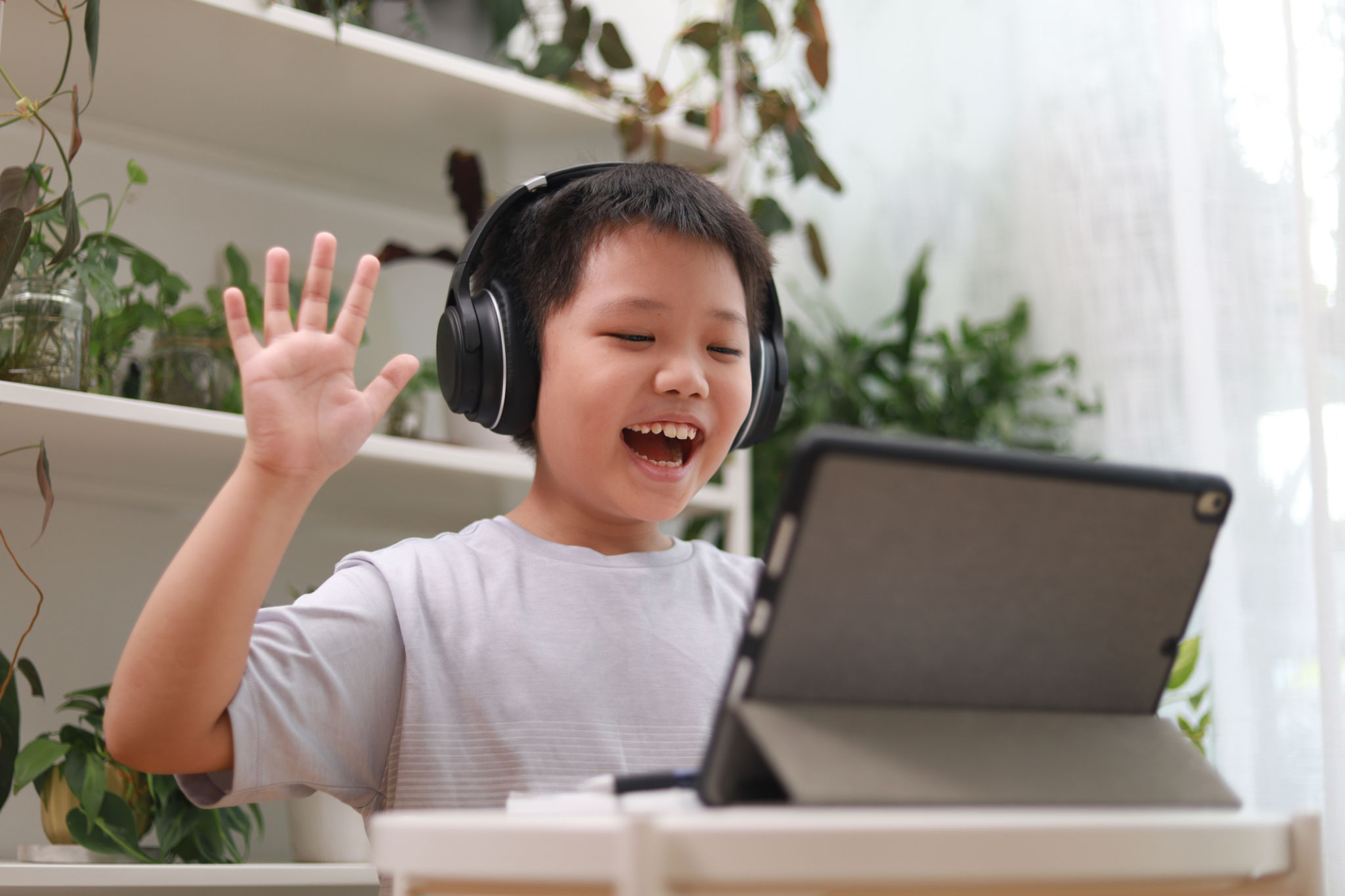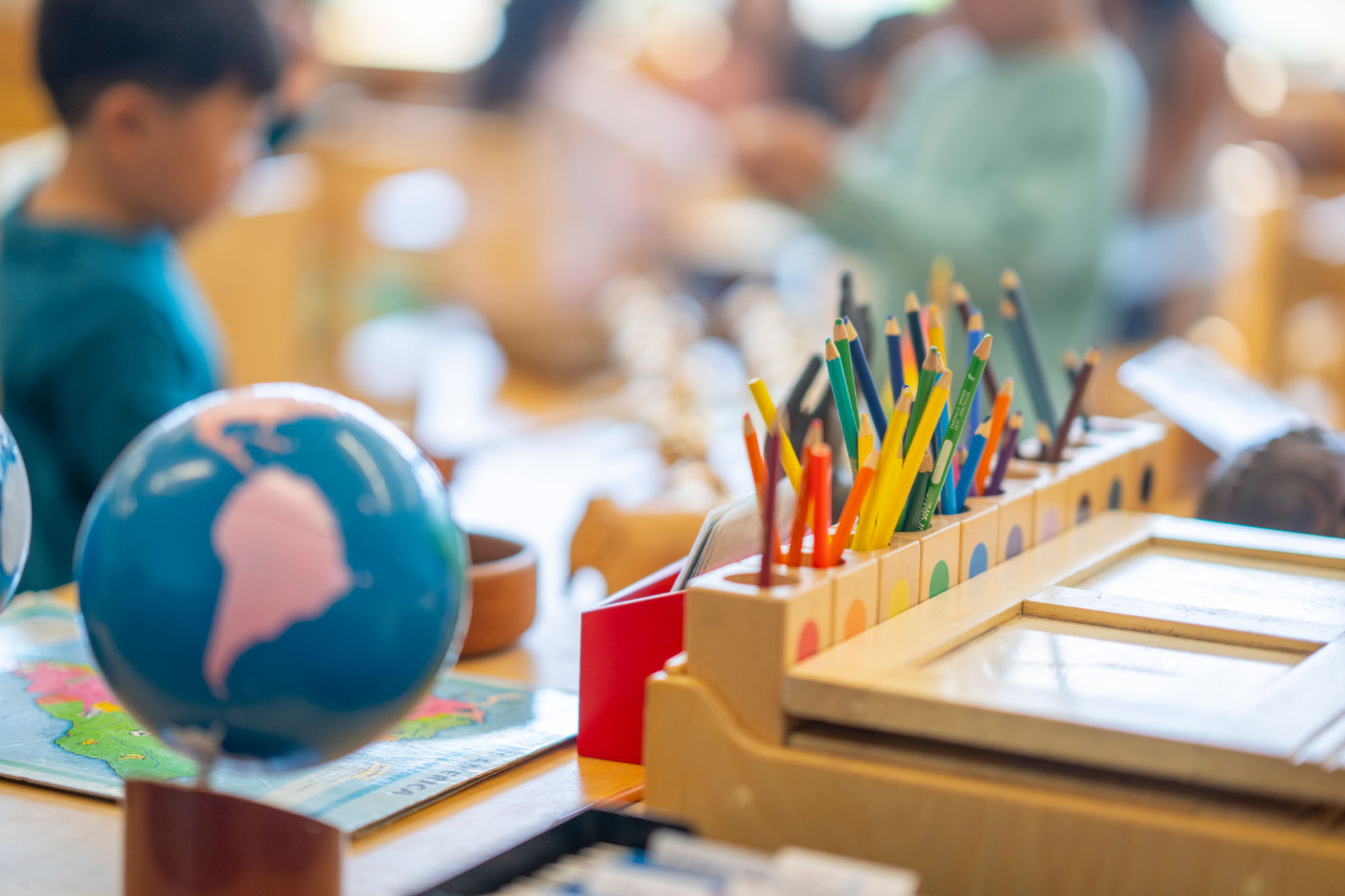Alternative Education Models in Malaysia: A New Era of Learning
Introduction to Alternative Education Models
In recent years, Malaysia has witnessed a growing interest in alternative education models as more parents and educators seek to explore different ways of learning beyond the traditional classroom setting. These models offer personalized learning experiences tailored to individual needs, fostering creativity and critical thinking among students.

Why Alternative Education?
Traditional education systems often follow a rigid curriculum and standardized testing, which may not cater to the diverse learning styles of all students. In contrast, alternative education models focus on a more holistic approach, emphasizing personal growth and experiential learning. This shift is becoming increasingly important in preparing students for the ever-evolving demands of the 21st century.
The Rise of Homeschooling
Homeschooling has become a popular choice among Malaysian families seeking flexibility and individualized attention. Parents can tailor the curriculum to suit their children's interests and pace of learning, often incorporating project-based and experiential learning methods. This model allows for a more hands-on approach, encouraging students to explore their passions.

Community-Based Learning
Another emerging trend in Malaysia is community-based learning, where educational experiences are rooted in local culture and community involvement. This model fosters a sense of belonging and encourages students to learn from real-world experiences, often through partnerships with local organizations and businesses. Community-based learning not only enriches academic knowledge but also enhances social skills and civic engagement.
Montessori and Waldorf Schools
Montessori and Waldorf schools are gaining traction in Malaysia as parents seek alternatives that emphasize individuality and creativity. Montessori schools focus on self-directed activity, hands-on learning, and collaborative play, while Waldorf schools integrate artistic and practical activities into the curriculum to nurture imagination and intellectual growth.

International Schools and Curriculum
With globalization, international schools offering diverse curricula such as the International Baccalaureate (IB) or British A-Levels are becoming increasingly popular in Malaysia. These schools provide an international perspective, preparing students for global citizenship by exposing them to multicultural environments and varied educational approaches.
The Role of Technology in Alternative Education
Technology plays a crucial role in the evolution of alternative education models. Online platforms and digital tools offer flexible learning opportunities that can be accessed anytime and anywhere. This integration allows students to learn at their own pace and provides access to a wealth of resources, fostering independent learning skills.

Challenges and Opportunities
While alternative education models offer numerous benefits, they also come with challenges such as regulatory issues and the need for parental involvement. However, these challenges present opportunities for innovation in educational policies and practices. By embracing these alternatives, Malaysia has the potential to transform its educational landscape and prepare future generations for success in an increasingly complex world.
In conclusion, as Malaysia continues to explore alternative education models, it is essential to ensure that these approaches remain inclusive and accessible to all. By doing so, the country can pave the way for a more dynamic and adaptable educational system that meets the needs of every learner.
